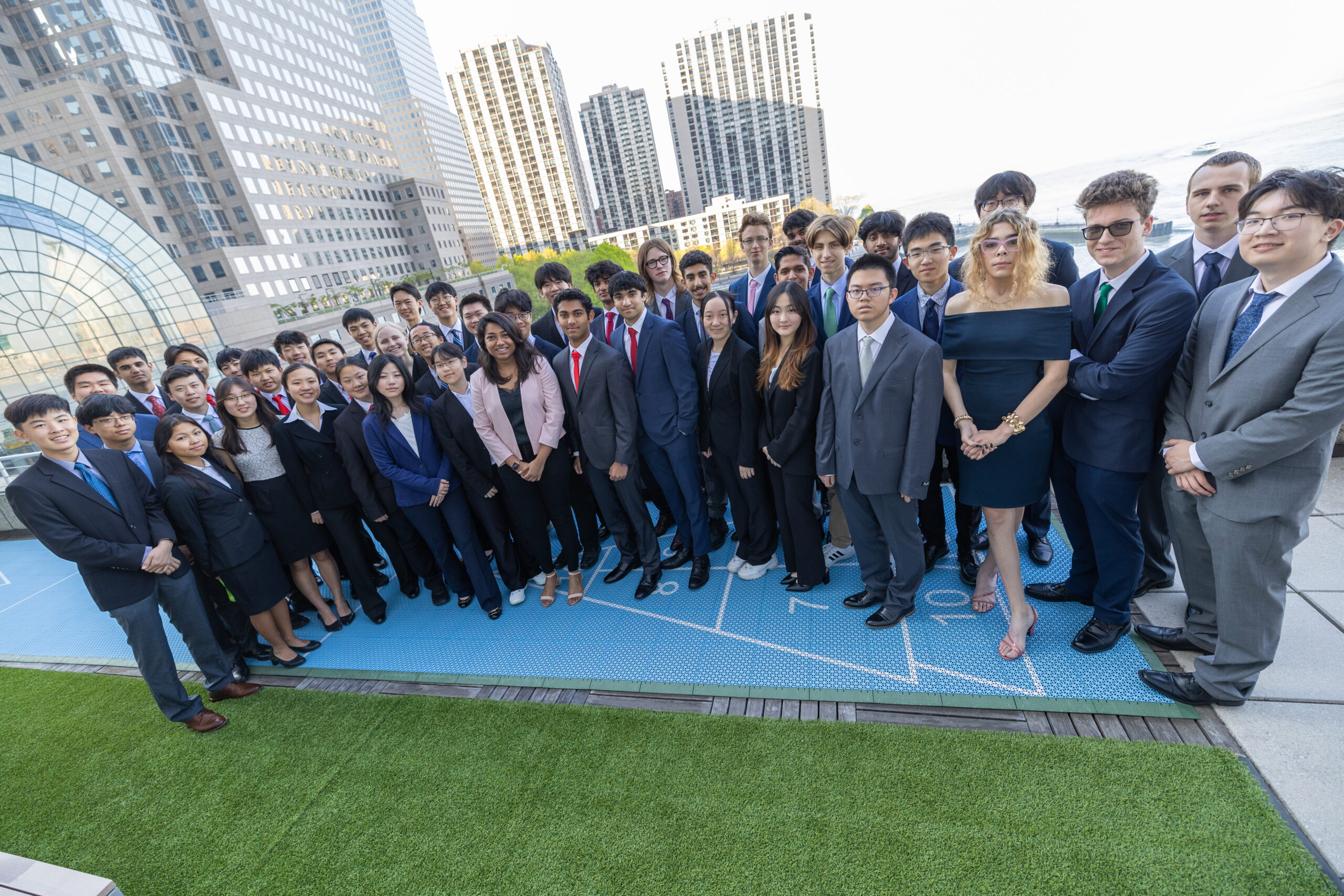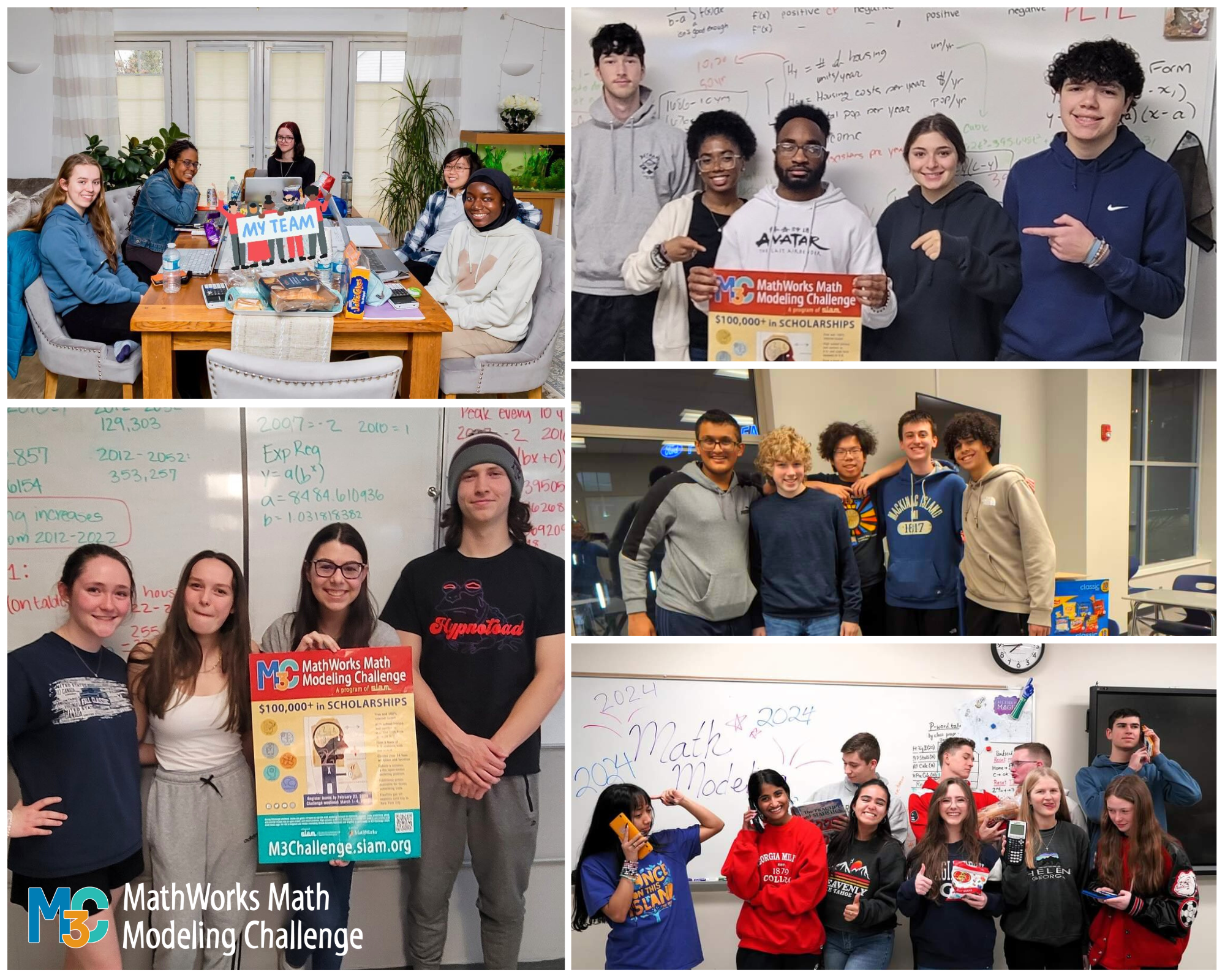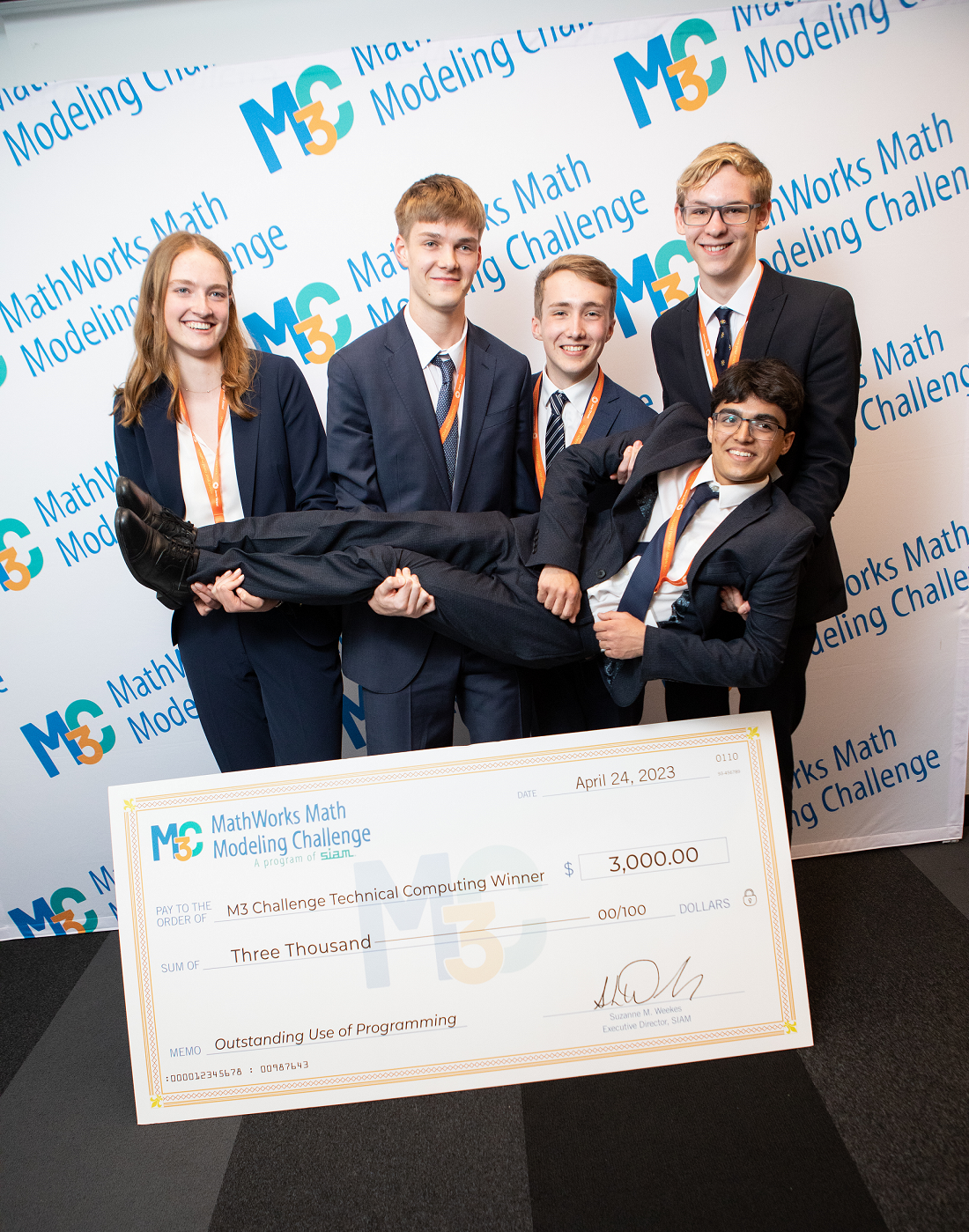In these sample papers from the 2021 M3 Challenge, students ask if mobile broadband will be the future of high-speed internet access. Each paper has a cover sheet that indicates what judges liked about the paper and what could have been improved.
“Without sufficient access to the internet, many will suffer, including those who are currently learning remotely, working at home, accessing healthcare in a protected way, participating in civic duty, and many more. The goal is to present which form of internet most optimally helps people (especially those in low-income or rural locations) with connectivity issues.”
“The internet has become an integral part of everyday life across the entire world. However, connection to the Internet varies based on the type of connection and necessary bandwidth required for a certain region. Finding the correct balance between connection cost, connection needs, and cell tower distribution is vital in order to ensure that each person within the region receives the best Internet experience without spending too much money.”
“High-speed internet is increasingly being seen as less of a commodity and more of a necessity. However, its prohibitive cost has created dramatic inequalities in coverage between demographic groups. The COVID-19 pandemic has only exacerbated the situation by forcing schools, workplaces, and companies to transition to entirely virtual/remote operations. Access to broadband internet should be need-based: large families and families below the poverty line are all examples of families that could benefit the most from high-speed internet access.”





